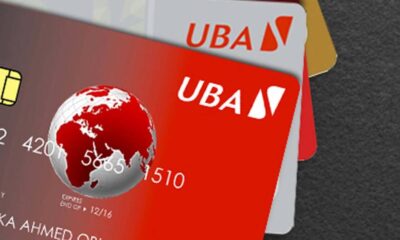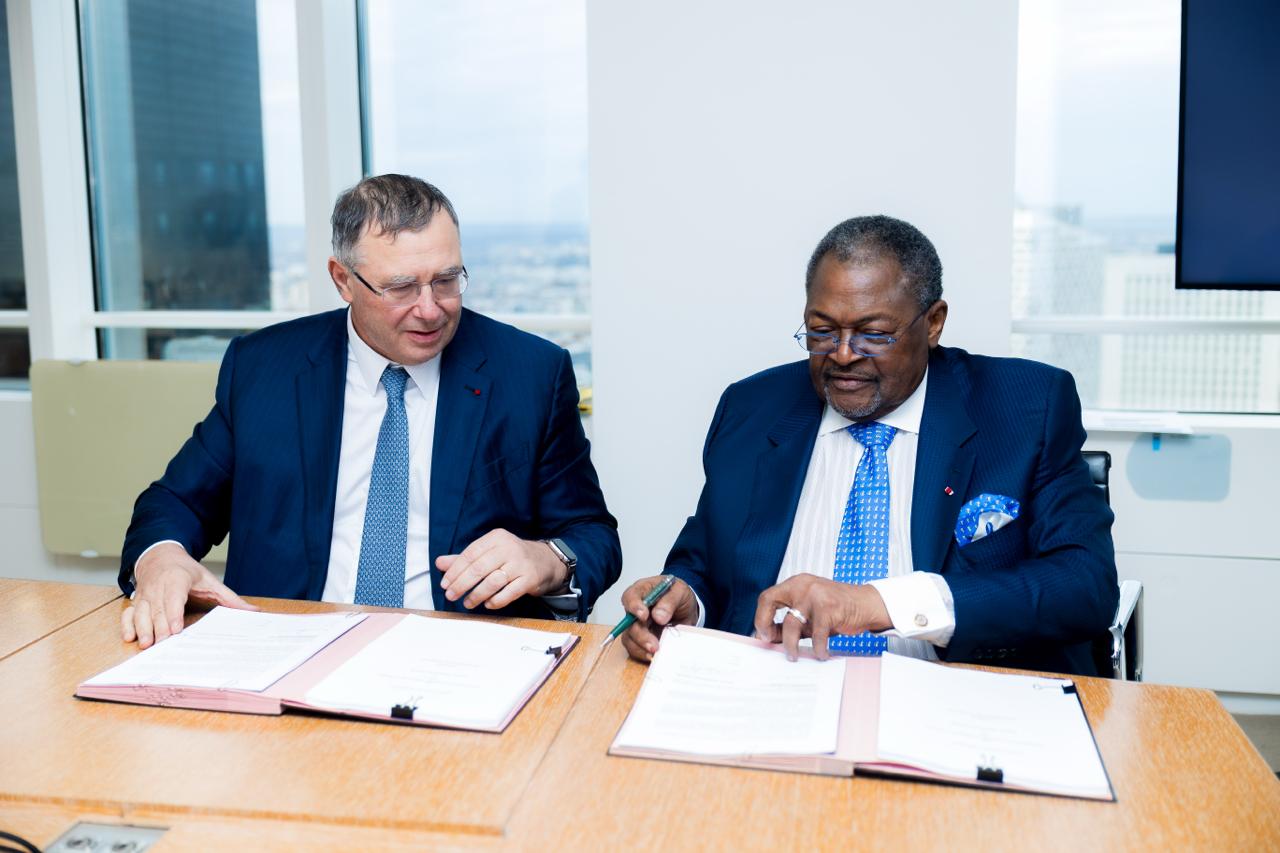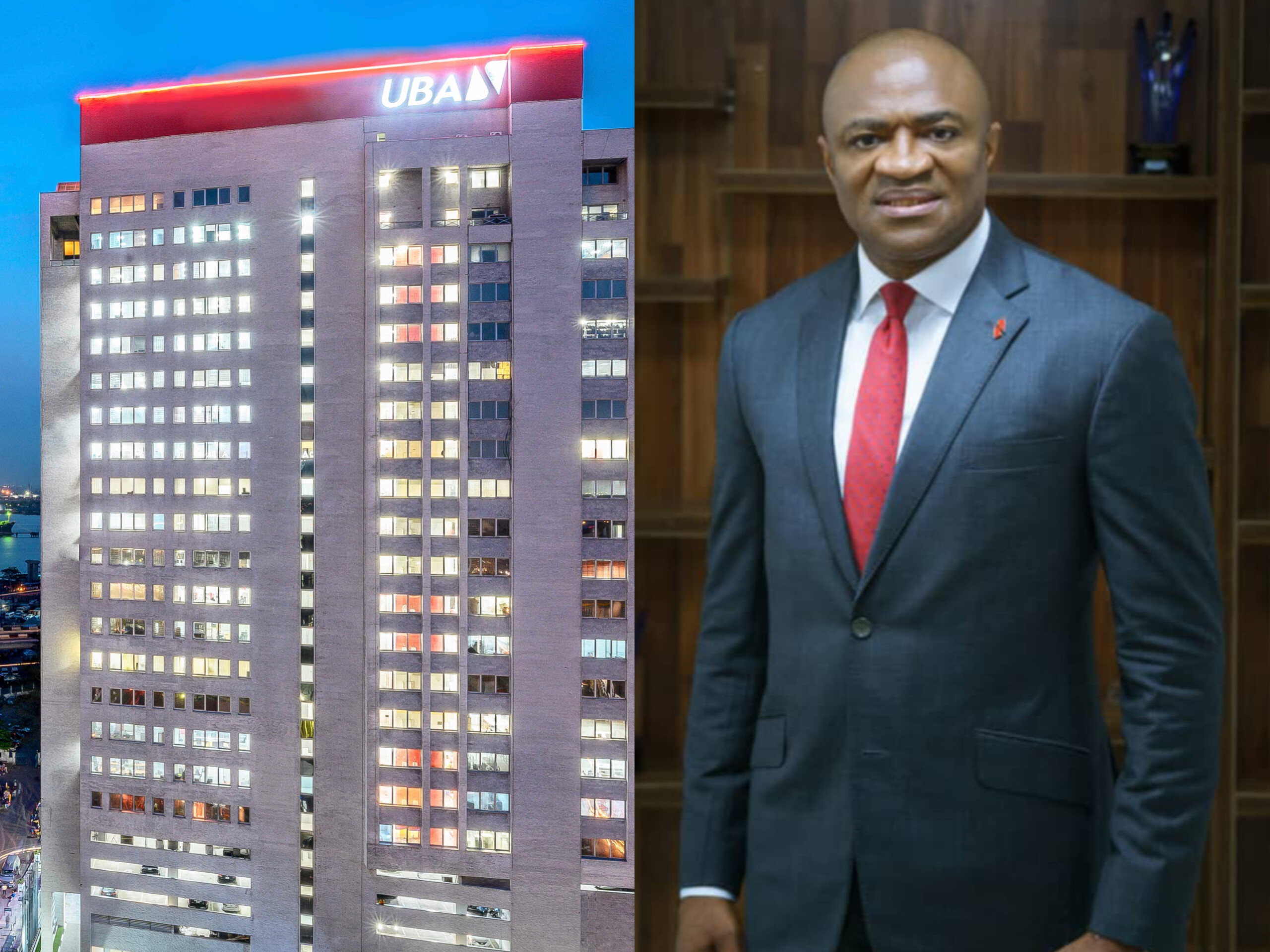- commits to growing SMEs for global Impact
Africa’s Global Bank, United Bank for Africa (UBA) Plc, has reiterated its commitment towards supporting the growth of Small and Medium Scale businesses for global impact, as it headlines the sponsorship of the Lagos International Trade Fair (LITF) for the seventh consecutive year.
Organised by the Lagos Chamber of Commerce and Industry (LCCI), this year’s trade fair, which was flagged off on Friday November 7, at the Tafawa Balewa Square, Onikan, Lagos will be open to all till November 17, 2025, and is expected to attract thousands of exhibitors, investors, and visitors from across Nigeria and the globe.
In line with its customer-first philosophy, UBA will host a rewarding experience for its customers with a dedicated, full-service branch within the trade-fairground.
Account holders who perform any transaction, such as deposits, withdrawals, or transfers, etc, at this branch will be instantly eligible to participate in a special “Lucky Dip” draw, which will offer them the chance to win a variety of premium prizes.
Speaking during the opening ceremony of the fair, UBA’s Head, SME Banking, Babatunde Ajayi, underscored the strategic importance of the longstanding partnership with LCCI while reaffirming that this collaboration is a critical component of the bank’s core mission to mobilise capital as well as empower enterprises of all scales, with a focus on growing SMEs for global impact.
“Our consistent support for the LITF and our strategic, bank-wide initiatives around the AfCFTA are interconnected,” Ajayi stated. “They are two sides of the same coin, and it reflects a deep-seated commitment to building the robust financial architecture that is required to empower African businesses and enable them trade seamlessly across borders.”
UBA’s Group Head, Marketing and Corporate Communications, Alero Ladipo, positioned the bank’s participation within the context of its vision for Africa’s economic transformation, as detailed in its recently published white paper on achieving a $4 trillion continental economy.
“The LITF represents one of several strategic platforms through which UBA is actively translating the ambitious goals of our whitepaper into tangible action,” Ladipo said. “Our comprehensive roadmap to a $4 trillion African economy is being built through practical, on-ground engagements such as this, which is focused on growing SMEs for global impact. These are platforms that directly connect businesses, facilitate commerce, and unequivocally demonstrate our resolve to turn a bold vision into a tangible reality for millions.”
Ladipo noted that deep partnerships, which are complemented by continuous digital innovations and cross-border trade solutions, will lay the groundwork for sustainable, inclusive economic growth that will benefit corporations, SMEs, and individual entrepreneurs across Africa.
United Bank for Africa is one of the largest employers in the financial sector on the African continent, with 25,000 employees’ group-wide and serving over 45 million customers globally. Operating in twenty African countries and the United Kingdom, the United States of America, France and the United Arab Emirates, UBA provides retail, commercial and institutional banking services, leading financial inclusion and implementing cutting-edge technology.”
“Our consistent support for the LITF and our strategic, bank-wide initiatives around the AfCFTA are interconnected,” Ajayi stated. “They are two sides of the same coin, and it reflects a deep-seated commitment to building the robust financial architecture that is required to empower African businesses and enable them trade seamlessly across borders.”
UBA’s Group Head, Marketing and Corporate Communications, Alero Ladipo, positioned the bank’s participation within the context of its vision for Africa’s economic transformation, as detailed in its recently published white paper on achieving a $4 trillion continental economy.
“The LITF represents one of several strategic platforms through which UBA is actively translating the ambitious goals of our whitepaper into tangible action,” Ladipo said. “Our comprehensive roadmap to a $4 trillion African economy is being built through practical, on-ground engagements such as this, which is focused on growing SMEs for global impact. These are platforms that directly connect businesses, facilitate commerce, and unequivocally demonstrate our resolve to turn a bold vision into a tangible reality for millions.”
Ladipo noted that deep partnerships, which are complemented by continuous digital innovations and cross-border trade solutions, will lay the groundwork for sustainable, inclusive economic growth that will benefit corporations, SMEs, and individual entrepreneurs across Africa.
United Bank for Africa is one of the largest employers in the financial sector on the African continent, with 25,000 employees’ group-wide and serving over 45 million customers globally. Operating in twenty African countries and the United Kingdom, the United States of America, France and the United Arab Emirates, UBA provides retail, commercial and institutional banking services, leading financial inclusion and implementing cutting-edge technology.”

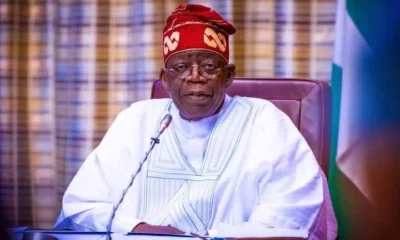
 BIG STORY4 days ago
BIG STORY4 days ago
 BIG STORY2 days ago
BIG STORY2 days ago
 BIG STORY4 days ago
BIG STORY4 days ago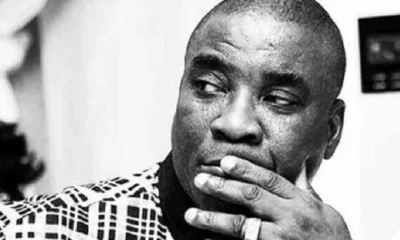
 BIG STORY6 hours ago
BIG STORY6 hours ago
 BIG STORY23 hours ago
BIG STORY23 hours ago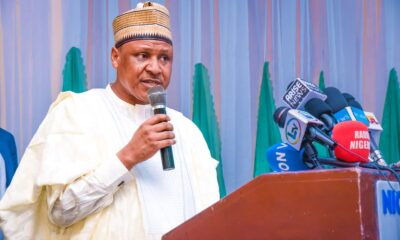
 BIG STORY21 hours ago
BIG STORY21 hours ago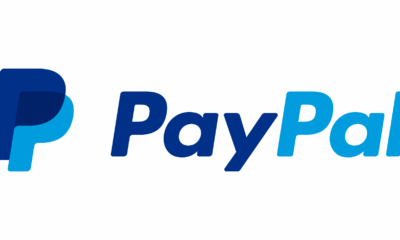
 NEWS23 hours ago
NEWS23 hours ago
 BIG STORY6 hours ago
BIG STORY6 hours ago














